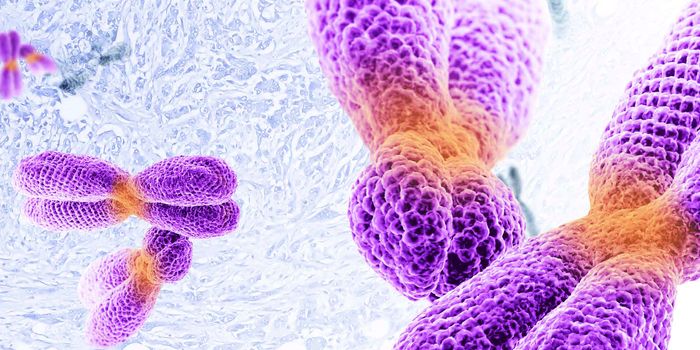A Call for Bigger, Better Studies on AI Breast Cancer Diagnostics
A staggering 1 in 8 women in the U.S. will develop an aggressive form of breast cancer in their lifetime, making it the most commonly diagnosed cancer among American women. Experts agree that early intervention through health monitoring has a massive impact on clinical outcomes.
Constance Lehman is the director of Breast Imaging at Massachusetts General Hospital. According to Lehman, the key to improving patient care lies in advanced medical diagnostic technologies such as artificial intelligence, or AI.
In a recent publication in JAMA Oncology, Lehman pushed for more AI-driven tools to support mammography interpretation, with evaluating these new technologies in the clinic under simulated trials as being the first step. Mammograms are X-ray images of the breast, taken using low doses of radiation. These help clinicians spot potentially malignant tissues within the breast.
Recent studies have reported that diagnostic advances are completely transforming the way traditional mammograms are processed in the clinic: they’re now completely digital, much faster, and can incorporate AI to search for signature tissue changes associated with potential tumors, increasing accuracy and reducing the workload burden on staff.
"In the continued evolution of AI applied to improving human health, it is time to move beyond simulation and reader studies and enter the critical phase of rigorous, prospective clinical evaluation," wrote Lehman as part of her commentary on these studies.
So far, the challenge with AI has been in “teaching” the system on how to differentiate between healthy and suspicious tissues. This learning process hinges on the quality and quantity of the images fed into the AI platform for it to learn. Because not all developers have access to large, standardized databases, performance results so far have been mixed. Future development is focused on using large databases of mammogram images featuring both normal controls and those from individuals diagnosed with breast cancer.
What’s next? Experts like Lehman are calling for testing and validation of these diagnostic algorithms in clinical trials before they can be implemented as part of standard breast health monitoring regimes.
"If AI models can be developed that can reliably detect on mammograms women with cancer from those without it, then quality, affordable screening mammography may finally become available to a large population of women globally who currently have no access to its life-saving potential."
Sources: Massachusets General Hospital, Medical XPress.









